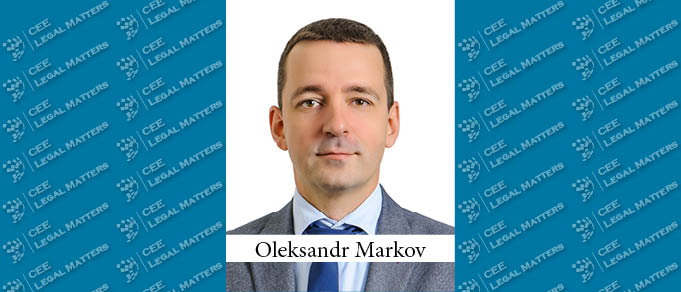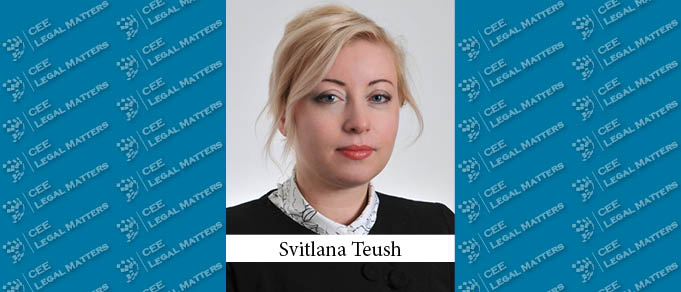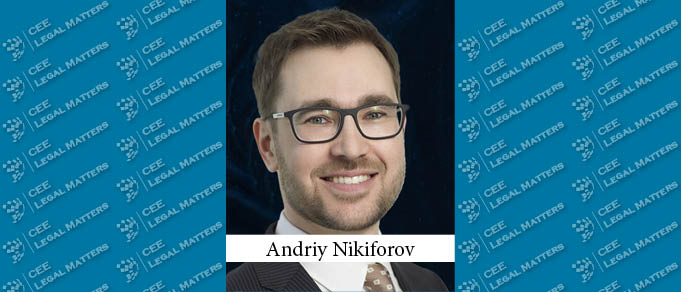On 24 February 2022, the National Bank of Ukraine, in response to the introduction of the martial law in Ukraine initially imposed for 30 days but subsequently extended currently until 25 May 2022, issued Regulation No. 18 on banking system operations during martial law to prevent unproductive capital outflows from the country and to ensure the reliable and stable functioning of Ukrainian banking system during the time of war.
A New Era for Ukrainian Taxpayers
This year marks the start of a new era for all Ukrainian taxpayers – both corporate and individuals. Ukraine lawmakers up to – and especially in – 2021 made unprecedented efforts to implement into local law and the network of double tax treaties major recommendations and principles which went far beyond the minimum base erosion and profit shifting (BEPS) action plan Ukraine committed to in 2017.
The AMC’s Guidelines on the Merger Control Procedure During the Time of the Martial Law in Ukraine
On 30 March 2022, the Antimonopoly Committee of Ukraine (the “AMC“) adopted the guidelines on the merger control procedure during the time of the martial law in Ukraine (the “Guidelines“).
The Regulatory Framework for Energy Storage in Ukraine Has Been Expanded
On 15 February 2022, a long-awaited draft law No. 5436-d “On the Amendment of Certain Laws of Ukraine Regarding the Development of Energy Storage Facilities” (“Draft Law“) was adopted in its entirety by the Ukrainian Parliament at its second reading. The Draft Law develops the legal framework for the deployment of energy storage facilities (“ESF“), which has been very limited until now, and introduces relevant concepts and requirements into the laws of Ukraine “On the Electricity Market” and “On the National Energy and Utilities Regulatory Commission” aligned with the EU electricity acquis.
Oleksandr Markov Makes Partner at Redcliffe Partners
Oleksandr Markov, Head of Tax and Tax Litigation practice at Redcliffe Partners, has been promoted to Partner at the firm.
Redcliffe Partners Scoops Up Albert Sych
Former EY Partner and Law Leader for Ukraine Albert Sych has joined Redcliffe Partners.
The Buzz in Ukraine: Interview with Yuriy Terentyev of Redcliffe Partners
Several notable decisions of Ukraine's Anti-Monopoly Committee, a bottleneck caused by a spike in the number of public procurement appeals, and the country's tax amnesty program are at the top of lawyers' agendas, according to Redcliffe Partners Partner Yuriy Terentyev.
New Draft Law of Ukraine on Personal Data Protection
A new draft personal data protection law, draft Law of Ukraine No. 5628 (“Draft 5628”), was introduced to the Ukrainian parliament on 7 June 2021. Draft 5628 replaces certain earlier draft laws on this subject and is currently the only draft legislation in the area of personal data protection.
Market Participants Agree on Standardized Ukrainian ISDA Master Agreement
The finalized version of the Ukrainian ISDA Master Agreement (“Ukrainian ISDA“) was officially published by the Independent Association of the Banks of Ukraine.
Upcoming PPPs in Ukraine: Availability Payments and Other Forms of Public Sector Contribution to a Project
In 2020, Ukraine’s government awarded the first two concessions in the history of Ukraine – 35-year concessions of the assets of Kherson and Olvia, two significant ports on the Black Sea. Building on this success, in October 2020, the government made a media splash by releasing a roadmap for further public private partnership (PPP) projects and held various promotion events since then.
Ukraine to Improve Its Mining Laws
On 1 June 2021, the Ukrainian Parliament adopted at its first reading the draft law improving Ukrainian mining laws (No. 4187). The draft law is aimed at, among other things, attracting and simplifying investments by improving the current laws.
Ukraine to Introduce New Tax Framework for Gaming
On 15 July 2021, the Ukrainian Parliament adopted at its first reading the draft law introducing the new tax framework for the gaming industry (No. 2713-д). This is one of the key steps towards the full-fledged relaunch of Ukraine’s gaming market following its ban in 2009.
Agricultural Land Market is Opening up in Ukraine
For several decades, it was prohibited in Ukraine to alienate, or change the designated use of, certain types of the privately owned agricultural land plots used for the farming and commercial agricultural production, which impaired the rights of private landowners and affected the efficiency, liquidity and transparency of the market.
Ukraine: Transport and Infrastructure – Progress Towards the Promise
Ukraine’s transport and infrastructure system plays a key role in the country’s economy, particularly with its role in export and trade in the agricultural, industrial, and other sectors. Ukraine is conveniently located on different transport routes. However, it does not fully capitalize on its geographical benefits and does not fulfill its potential as a transit country, as it is not yet well-integrated in international transport networks, lacks modern infrastructure, and has limited market opportunities in certain segments (for example, railway services).
After the Gold Rush: What Causes and Comes After an International Law Firm’s Departure from a CEE Market
In the first decade after the fall of the Berlin Wall in 1989, an enormous number of international investors descended upon the countries of Central and Eastern Europe – initially, and particularly, Romania and the so-called “Visegrad Group” of Poland, the Czech Republic, Slovakia, and Hungary – to take advantage of the privatizations occurring across the region and, in the early years, manifold new and giant deals related to the region’s rapid modernization and integration. Inevitably, many of the larger London-based international law firms opened up offices in the region to provide their clients with on-the-ground assistance.
Volodymyr Zelensky: Servant of the People?
Before being elected President of Ukraine last May, Volodymyr Zelensky had virtually no experience in public office. Despite his inexperience – or perhaps because of it – over 73% of the electorate concluded that the comedian and entertainer was the right man to replace Petro Poroshenko, the previous President, and now Zelensky finds himself, at 41, leading an entire nation.
Recent Developments on the Ukrainian Finance Market
Ukraine is undergoing a period of structural reform throughout its financial and banking sectors that is unprecedented in its scale and complexity. The reform of the currency control regime culminated in the full cancellation of a 26-year old system and the introduction of a legislative road map for the gradual implementation of the free movement of capital. The reform gave a critical impetus to the development of the securities market and foreign investments, with Clearstream opening a direct securities account at the National Bank of Ukraine (the NBU) to provide easier access to hryvnia-denominated sovereign bonds. Ukrainian banks were authorized to grant short-term loans in local currency to foreign investors so they could invest in the bonds and hedge the FX risks of such transactions. The introduction of the IBAN standard is another example of the ongoing process of harmonizing the Ukrainian payment landscape.
Beyond Dispute: Cautious Hope about Ukraine's Ongoing Judicial Reform
As the country entered the 21st century, Ukraine’s Soviet-era judicial system was widely condemned as corrupt, incompetent, and inefficient. Committed to rectifying the situation, in 2015 the Ukrainian government introduced plans to reform the entire system. That transformation, which was the focus of an August 2017 CEE Legal Matters Round Table, continues today. We reached out to several of the Ukrainian dispute resolution specialists we spoke to several years ago for an update.
















